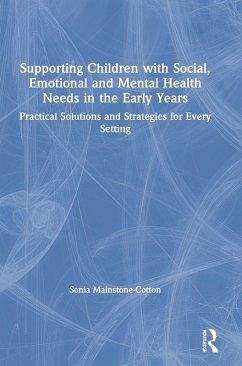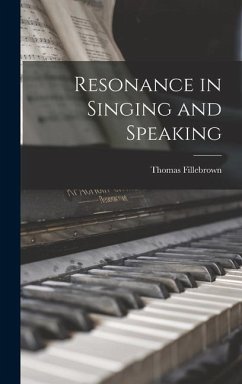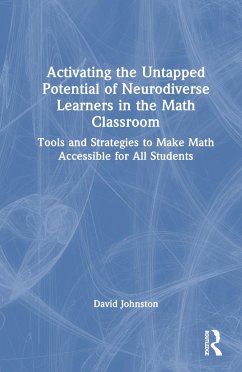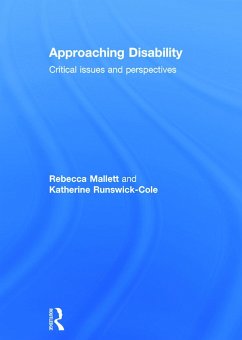
Madness and Distress in Music Education
Toward a Mad-Affirming Approach
Versandkostenfrei!
Versandfertig in über 4 Wochen
177,99 €
inkl. MwSt.
Weitere Ausgaben:

PAYBACK Punkte
89 °P sammeln!
Madness and Distress in Music Education offers an in-depth exploration of mental health and emotional distress in the context of music education, offering new ways of thinking about these experiences and constructing ways to support distress through affirming pedagogy and practices in music education.














